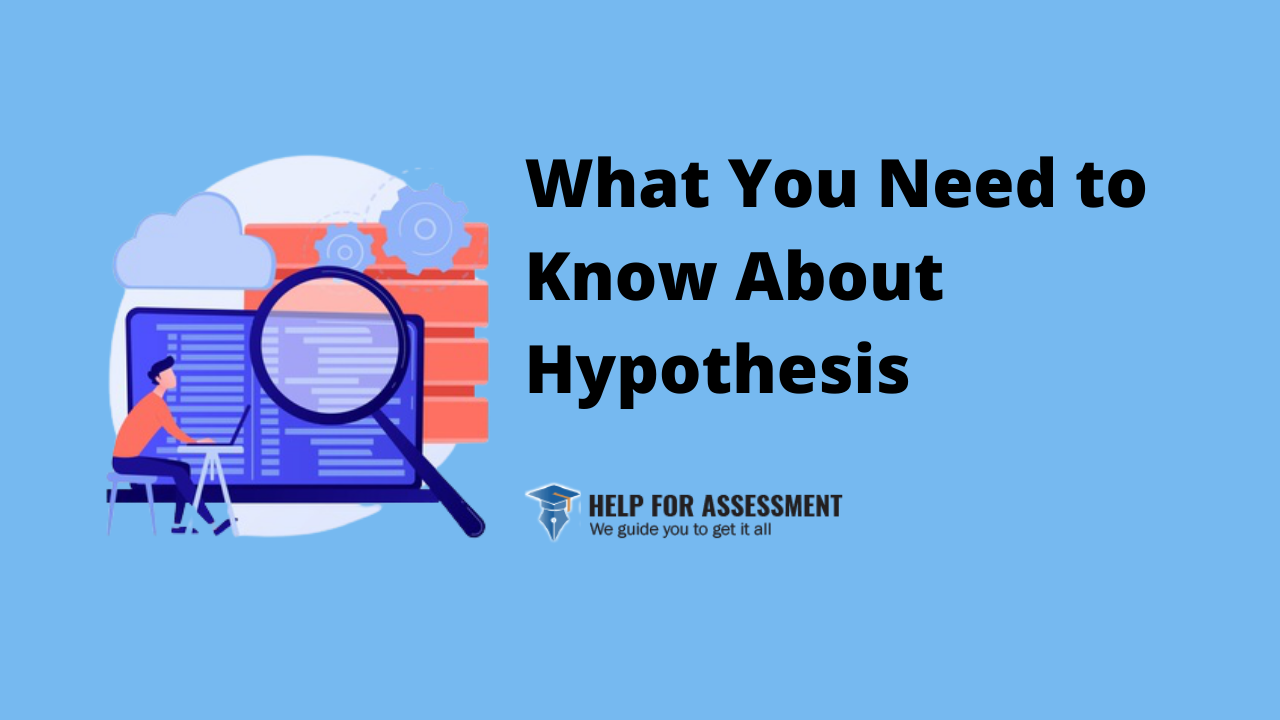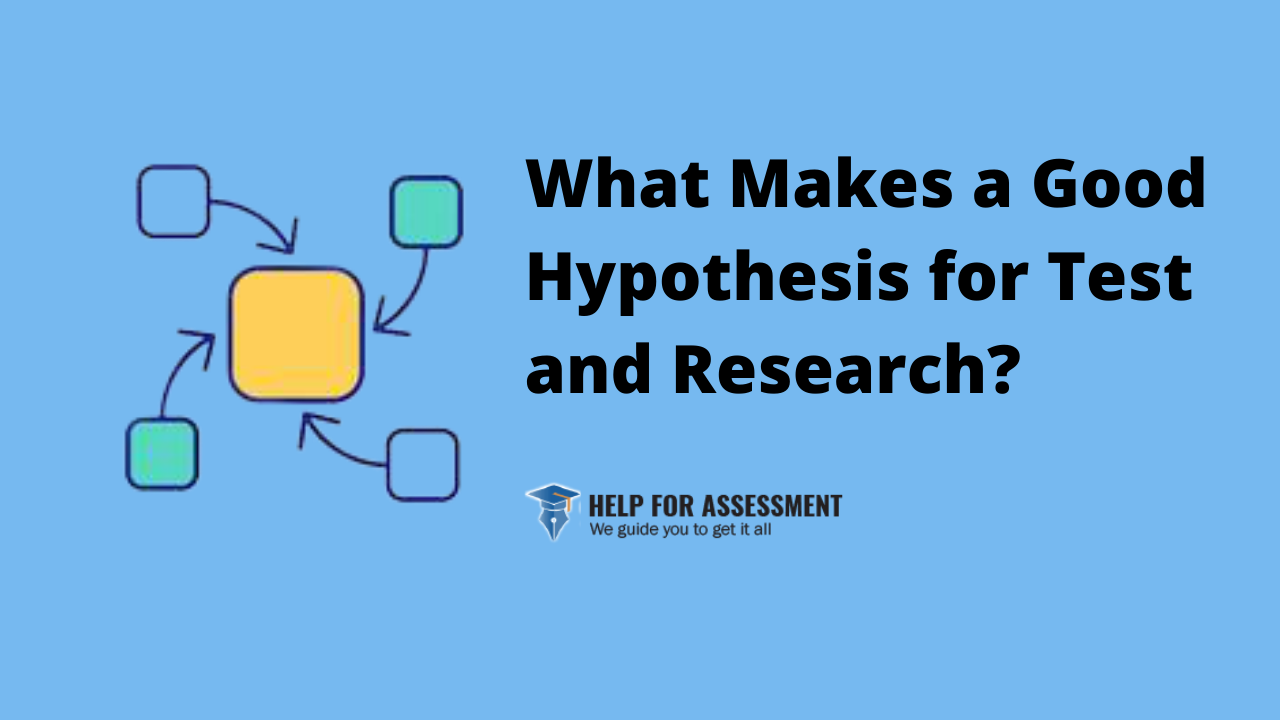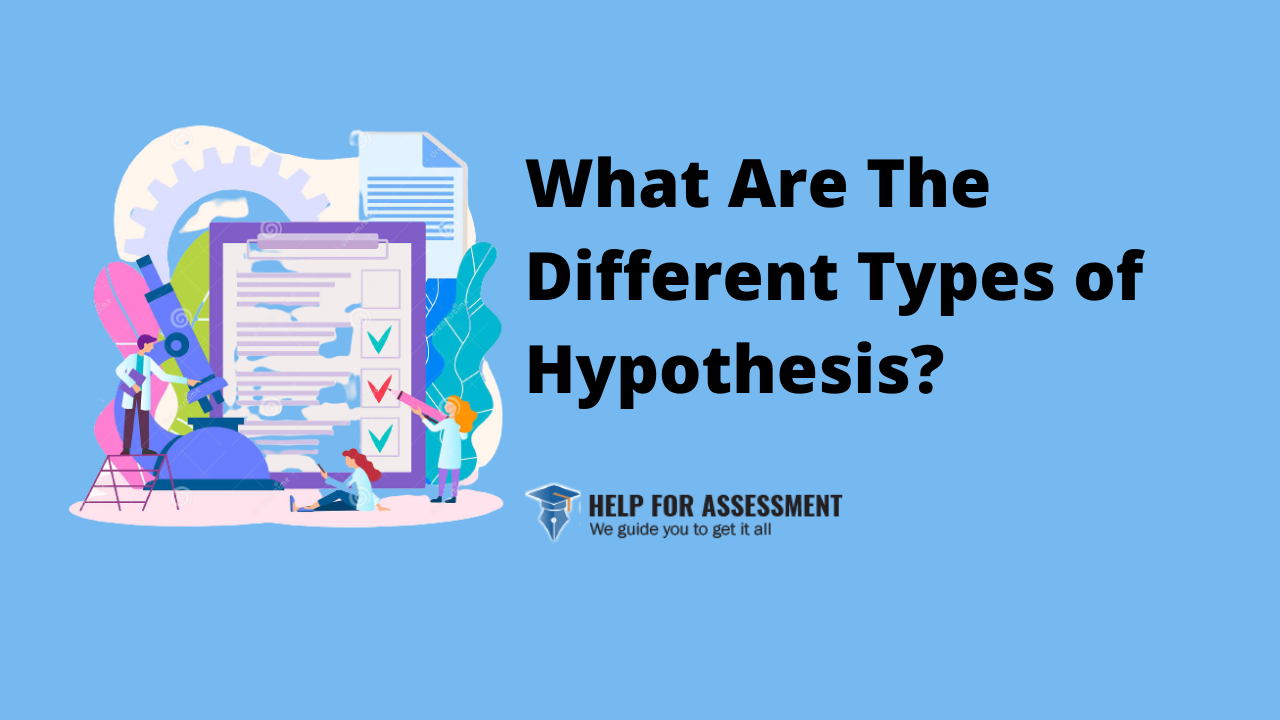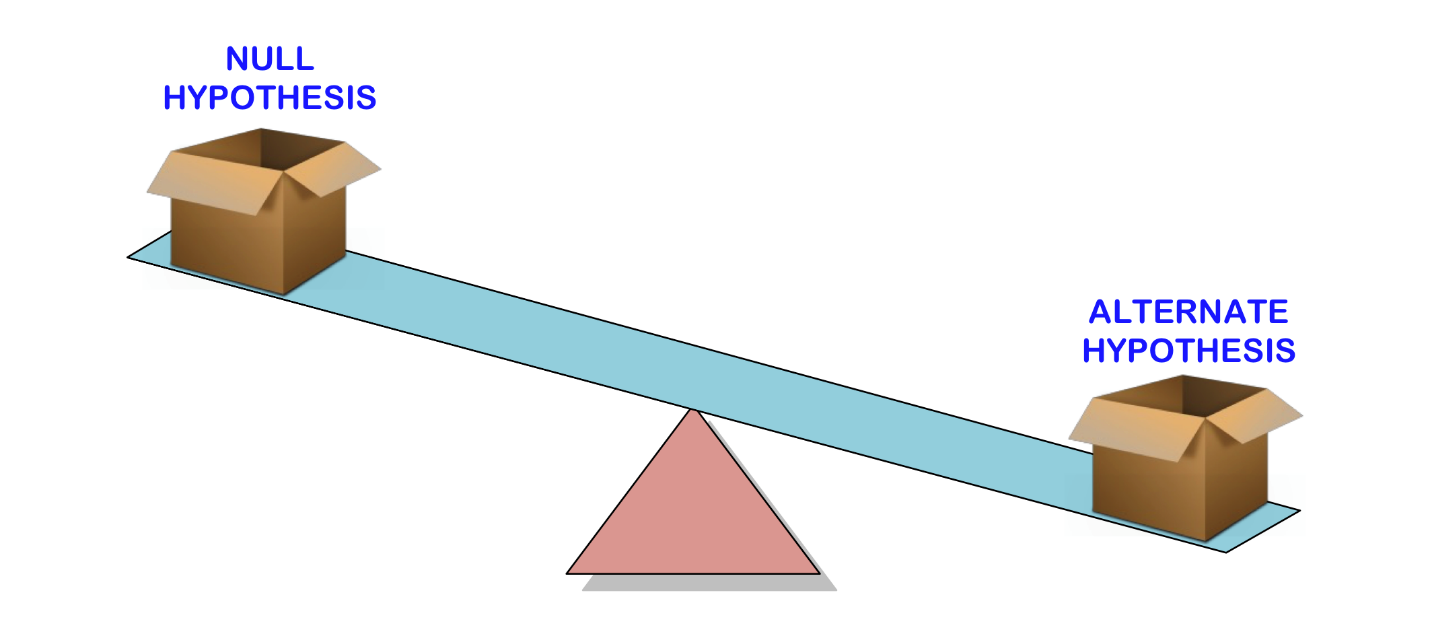This is the most comprehensive guide on how to write a hypothesis. In this lesson, we will tell you everything you everything you need to know to develop a good research hypothesis for your project.
In particular, you will learn what a hypothesis is, what makes a good hypothesis, types of hypothesis, and the steps you can take to come up with a solid hypothesis for your research project.
What is a Hypothesis?
A hypothesis is a scientific method that introduces a specific research question in a scientific experiment and then proposes a testable prediction about the expected results in a study.
What Makes a Good Hypothesis?
Since a small error in your scientific method can undermine your experiment, it’s important to be very careful when developing your research hypothesis.
A reasonable first approach is to understand what makes a good hypothesis before you start developing one.
In particular, you want to make sure your hypothesis meets the following conditions, with an exception of none.
- Your research hypothesis should be in a clear and focused language
- It must be testable, with a clear description of the testing methods
- The hypothesis must have a possible explanation, which allows for further exploration
- It should have a reasonable relationship with your research topic
- This scientific method should include dependent as well as independent variables
- It should allow for alterations without going against the ethical standards of the development of research methods
The reason why your hypothesis must meet the above conditions is that it helps to build your research method on a solid foundation.
Moreover, these characteristics even make it easier for you to identify gaps and weaknesses in your hypothesis, so that you can make changes and end up with a more promising and testable hypothesis.
Types of Hypothesis
There are seven types of hypothesis that you can develop for your research project. We discuss all of them below to give you more insight so you can understand them.
Simple Hypothesis
Sometimes referred to as a basic hypothesis, a simple hypothesis gives a prediction between an independent and a dependent variable. In this case, the independent variable is a cause and the dependent is the effect.
For example, when a researcher states that “Global warming causes iceberg to melt”, global warming is the cause and melting iceberg is the effect.
Complex Hypothesis
A complex hypothesis is different from a simple hypothesis in that it gives a prediction between two or more independent and dependent variables.
Directional Hypothesis
A directional hypothesis gives a researcher the direction they should follow to determine the relationship between independent and dependent variables.
Often derived from a theory, this hypothesis shows the intellectual commitment of a researcher to a given possible outcome. Moreover, the relationship between the variables can also predict the nature of the hypothesis.
Non-directional Hypothesis
A non-directional hypothesis doesn’t show the exact nature of the relationship between independent and dependent variables.
It’s useful in cases where there are no theories involved, or when evaluating previous researches that were contradictory in form.
Associative and Causal Hypothesis
An associative hypothesis defines the interdependency between variables. Usually, a change in on variable will lead to a change in another.
A causal hypothesis, on the other hand, suggests an effect on the dependent variable arising from the manipulation of the independent variables.
Null Hypothesis
A null hypothesis gives a negative statement that supports a researcher’s finding. Usually, there’s no relationship between an independent and a dependent variable.
Alternative Hypothesis
This hypothesis shows an existing relationship between two variables and indicates that the results are necessary to the research topic in question.
How to Write a Hypothesis for Your Research
Below is a step-by-step guide to help you write a good hypothesis for your upcoming research project:
Step 1: Ask the Right Question
The first step to developing a hypothesis is to come up with a research question that you would like to answer. Your research question is the problem you’re trying to solve. So it should be specific and easy to research within the constraints of the project.
Step 2: Research
Spend some time researching your topic to discover what researchers already know about the topic.
Examine previous studies and theories and use your findings to develop reasonable assumptions. Also identify both dependent and independent variables that you will study.
Independent variables are the ones that you can change, control, or manipulate. They’re often in isolation from other factors of the study.
Dependent variables are not in isolation from other factors of the study. Also, a change in the independent variables can easily influence them.
Step 3: Develop Your Hypothesis
Your preliminary research should give you some ideas that you can use to develop your hypothesis. Use these ideas to write a clear answer to the research question that you came up with in step one.
Step 4: Refining Your Hypothesis
It’s important to make sure that your hypothesis meets the criteria we discussed. So examine it to determine if it’s specific and testable. Check whether the independent and dependent variables are relevant. Identify the study group. Then, determine the right prediction of the analysis or experiment.
Identifying your variables shouldn’t be difficult. As you saw in our “Global warming causes iceberg to melt” example of hypothesis, the first part of the sentence is the independent variable and the second is the independent.
You can also phrase your hypothesis in the form of correlation. In this case, you have to predict the relationship between one or more variables.
In the case where you’ve decided to compare two groups of independent variables, you should give clear differences in the results that you expect to find.
Step 5: Formulate a Null Hypothesis
Instructors expect you to come up with a null hypothesis in the case where your research involves statistical testing. A null hypothesis will be your default position where you show that there isn’t an existing relationship between independent and dependent variables.





